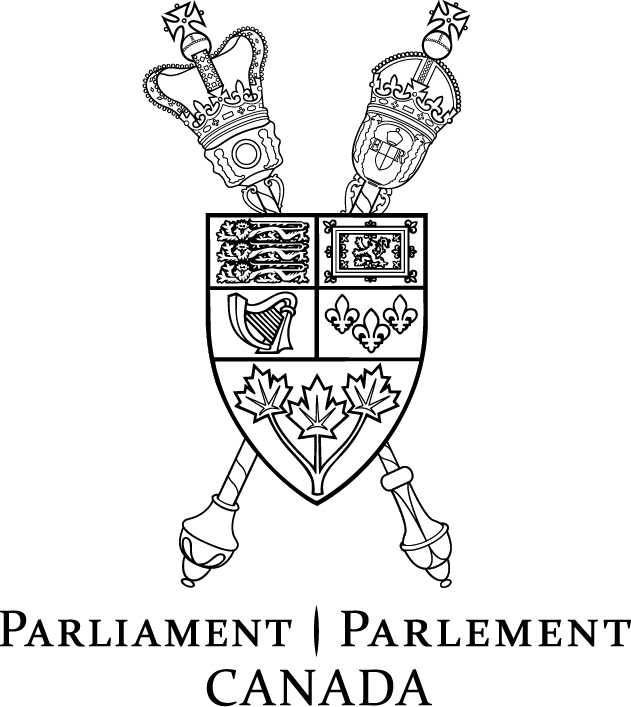PDAM Committee News Release
If you have any questions or comments regarding the accessibility of this publication, please contact us at accessible@parl.gc.ca.
Special Joint Committee on Physician-Assisted Dying |  |
For immediate release
NEWS RELEASE
Medical Assistance in Dying: A Patient-Centred Approach
Report of the Special Joint Committee on Physician-Assisted Dying
Ottawa, February 25, 2016 - The Special Joint Committee on Physician-Assisted Dying (PDAM) tabled its report, Medical Assistance in Dying: A Patient-Centred Approach, in the Senate today and also presented the report in the House of Commons.
In February 2015, the Supreme Court of Canada concluded in Carter v. Canada (Attorney General) that in certain circumstances, the provisions of the Criminal Code that prohibit medical assistance in dying violate the rights of individuals that are protected by the Canadian Charter of Rights and Freedoms.
On December 11, 2015, the Senate and the House of Commons passed motions to establish a special joint committee whose mandate was to:
Review the report of the External Panel on Options for a Legislative Response to Carter v. Canada and other recent relevant consultation activities and studies, to consult with Canadians, experts and stakeholders, and make recommendations on the framework of a federal response on physician-assisted dying that respects the Constitution, the Charter of Rights and Freedoms, and the priorities of Canadians.
Guided by the Court’s decision, the Committee worked diligently to respond as requested, and on time, by making recommendations that are in the interest of the people of Canada.
Senators and Members of Parliament worked collaboratively and constructively to grapple with serious issues in a thoughtful and reflective manner.
“There was tremendous value in establishing this as a joint committee,” said Mr. Rob Oliphant, co-chair of the Committee. “This is the first time in 20 years that a special joint committee has been established, and the wisdom and experience that Senators shared with enthusiastic Members of Parliament, many of whom were newly elected, was crucial to this Committee’s success.”
“The level of respect that all colleagues demonstrated for one another around the table allowed the Committee to meet the request of Parliament while respecting a very tight timeline,” added Senator Kelvin Ogilvie, co-chair of the Committee.
The Committee’s recommendations are based in part on the thought-provoking submissions the Committee received through more than 20 hours of witness testimony as well as in written briefs. In addition, Mr. Oliphant emphasized that the Committee was able to “craft comprehensive recommendations in a compressed timeframe because we had the benefit of having access to a wealth of information from jurisdictions, including Quebec, that already have medical assistance in dying laws in place.”
The Committee’s deliberations were also informed by all of the Canadian research and consultations that have taken place on this complex and sensitive issue. The Committee commends the work done by the External Panel on Options for a Legislative Response to Carter v. Canada, the Provincial-Territorial Expert Advisory Group on Physician-Assisted Dying, the Canadian Medical Association, and the provincial colleges of physicians of surgeons.
In its report, the Committee makes 21 recommendations, including:
• “That medical assistance in dying be available to individuals with terminal and non-terminal grievous and irremediable medical conditions that cause enduring suffering that is intolerable to the individual in the circumstances of his or her condition”;
• “That the capacity of a person requesting medical assistance in dying to provide informed consent should be assessed using existing medical practices, emphasizing the need to pay particular attention to vulnerabilities in end-of-life circumstances”;
• “That the permission to use advance requests for medical assistance in dying be allowed any time after one is diagnosed with a condition that is reasonably likely to cause loss of competence or after a diagnosis of a grievous or irremediable condition but before the suffering becomes intolerable”; and
• “That physicians, nurse practitioners and registered nurses working under the direction of a physician to provide medical assistance in dying be exempted from sections 14 and section 241(b) of the Criminal Code.
Pharmacists and other health care practitioners who provide services relating to medical assistance in dying, should also be exempted from sections 14 and section 241(b) of the Criminal Code.”
“The Senators and Members of Parliament that were involved in this process will undoubtedly look back on this study as one of the most important, and most challenging, that they have faced as parliamentarians,” said Senator Ogilvie. “The grace with which they have wrestled with these issues is inspiring.”
For more information on the committee’s members, meetings and work please see the committee’s website.
- 30 -
|